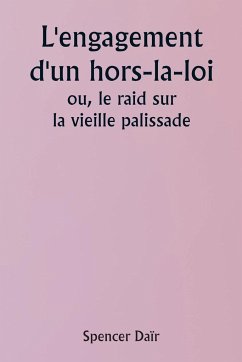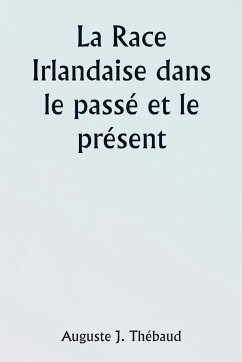
Israel Potter His Fifty Years of Exile
Versandkostenfrei!
Versandfertig in 1-2 Wochen
20,99 €
inkl. MwSt.

PAYBACK Punkte
10 °P sammeln!
Ce livre classique a été initialement publié il y a des décennies sous le titre "" Israel Potter His Fifty Years of Exile "". Il a maintenant été traduit par Writat en langue française pour leurs lecteurs francophones. Chez Writat, nous sommes passionnés par la préservation du patrimoine littéraire du passé. Nous avons traduit ce livre en français afin que les générations présentes et futures puissent le lire et le conserver.













